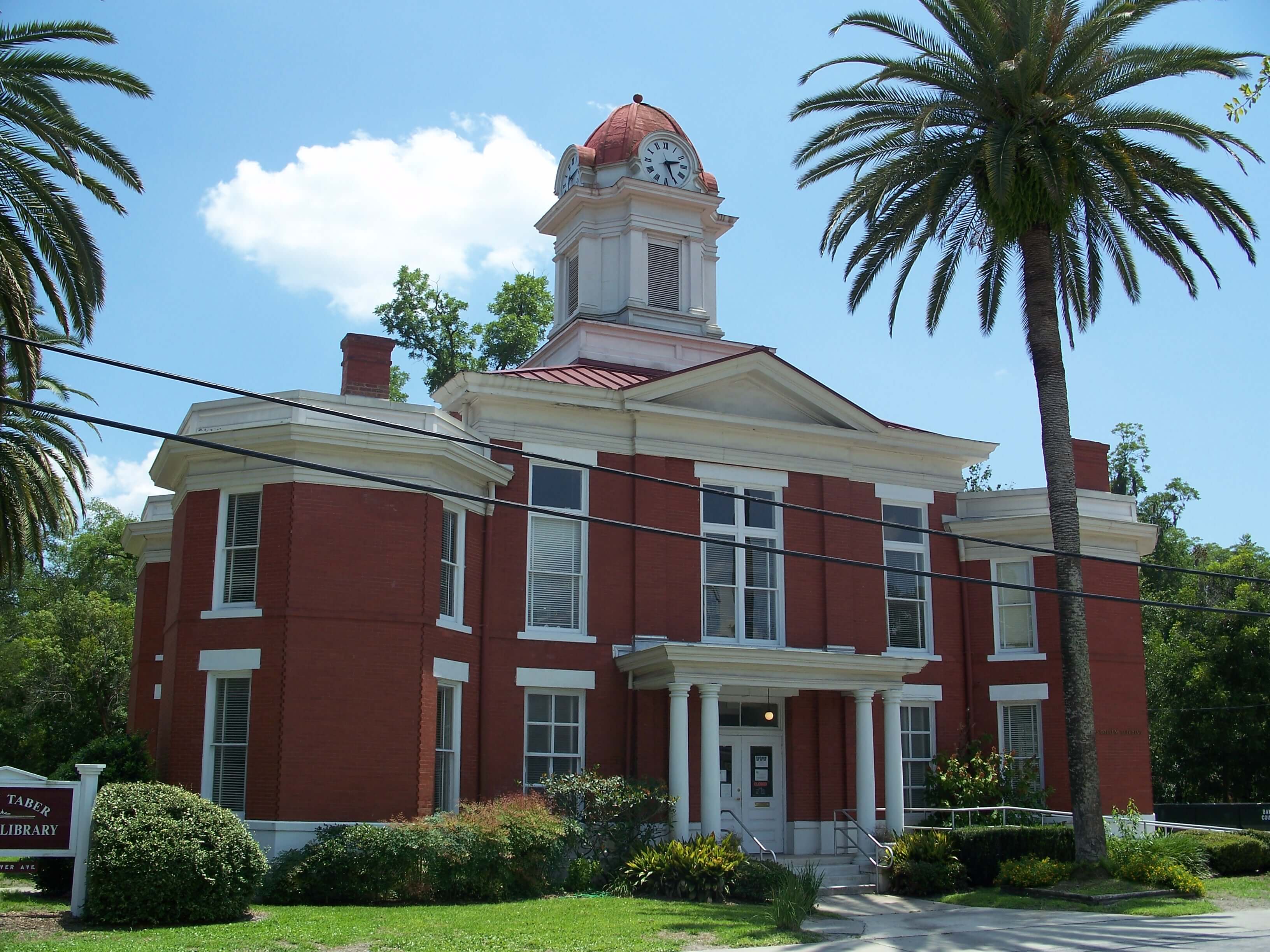For entrepreneurs and business owners in Broward County, Florida, securing a liquor license is a crucial step in the establishment and operation of a bar, restaurant, or any business that intends to serve alcohol. The process can seem daunting, with its intricacies and regulations, but understanding the steps involved can help streamline the journey to obtaining a Broward County liquor license.
Broward County, situated in South Florida, is known for its vibrant hospitality industry, including an array of restaurants, bars, and entertainment venues. To serve alcohol legally in this dynamic county, business owners must obtain the appropriate liquor license from the Florida Division of Alcoholic Beverages and Tobacco (ABT), which operates under the Department of Business and Professional Regulation (DBPR).
The first step in obtaining a liquor license in Broward County is determining the type of license required for your establishment. The ABT offers various license types, including the 4COP (for the sale of beer, wine, and spirits for consumption on-premises), 2COP (for the sale of beer and wine only), and special licenses for special events and catering.
Once the appropriate license type is identified, applicants must submit an application to the ABT along with the required documentation and fees. The application process typically involves a thorough review of the applicant's background, including criminal history and financial standing. Additionally, applicants must meet specific eligibility criteria, such as being of legal drinking age and not having any disqualifying criminal offenses.
In Broward County, as in other parts of Florida, the issuance of liquor licenses is subject to strict regulations and quotas. The number of available licenses is limited based on population density and other factors, making the process competitive and sometimes challenging. As a result, applicants may encounter wait times and delays in obtaining their licenses.
One avenue for obtaining a liquor license in Broward County is through the secondary market, where existing license holders sell their licenses to prospective buyers. While this option may expedite the process, it often comes with a higher price tag due to market demand and scarcity.
Throughout the application process, applicants must ensure compliance with all relevant laws and regulations governing the sale and service of alcohol. This includes adherence to zoning ordinances, health and safety standards, and responsible alcohol service practices. Failure to comply with these regulations can result in delays, fines, or even the denial of the liquor license application.
Once approved, liquor license holders in Pinellas county liquor license must maintain compliance with ongoing requirements, such as renewing their licenses annually and adhering to state and local regulations regarding alcohol sales and service. This includes monitoring the conduct of employees, preventing underage drinking, and complying with alcohol sales restrictions during certain hours.
In addition to regulatory requirements, liquor license holders in Broward County must also navigate the complexities of the local business landscape, including competition, market trends, and consumer preferences. Building a successful business in the hospitality industry requires strategic planning, customer engagement, and a commitment to quality service.






Comments